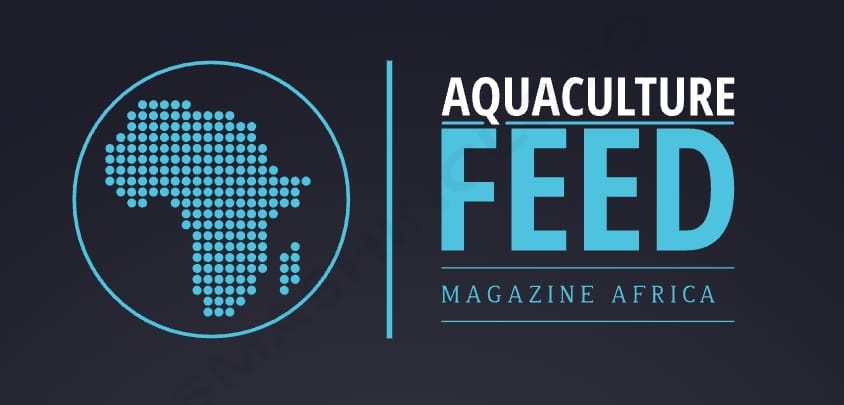FAMILY AQUACULTURE: A TOOL FOR IMPROVING THE DIET OF RURAL AFRICANS
Raising fish on small family farms helps to make better use of available resources, increases the nutritional quality of the family diet, generates additional income by selling part of the production and contributes to the well-being of families. Moreover, unlike agricultural production, which is much more subject to seasonality depending on climatic conditions, aquaculture is a more predictable and constant source of food, available all year round.
Malnutrition remains one of the main unresolved problems in Africa. Today, the potential contribution of fish to food security is recognised and this has created an opportunity for the development of aquaculture, which can solve the problem of malnutrition and generate additional income for the family economy.
It is always important to stress that a successful experience of fish production for own consumption stimulates the expansion of livestock farming, opening up more employment opportunities for family labour (or even contract labour) and income generation, which contribute to improving the living conditions of rural families, by reducing the migration of this labour to urban centres.
There are therefore more than enough reasons, and a great opportunity, to justify the implementation of a programme on the African continent aimed at stimulating fish farming on small rural holdings. And we believe that this should also be considered by aquaculture policy makers in Africa.
Aquaculture as an instrument for reducing hunger and poverty in the world, given that fish is one of the most balanced sources of protein in terms of essential amino acids, and is rich in minerals and essential fatty acids of great importance in the human diet. Its nutritional quality and its importance in increasing the nutritional value of the diets of the most deprived populations are therefore indisputable. However, fish caught on the continent today, bought from supermarkets and fishmongers, is still a product that is not easily accessible to the majority of the population. In rural and river areas, the fish consumed generally comes from local fishing or extensive farming.
Procedure for identifying potential candidates for family fish farming
There is now a large contingent of rural families who cannot obtain credit, do not have access to technology and do not have enough capital to set up a minimum infrastructure for fish production (dams, nurseries, net tanks, cages, etc.) and for the purchase of production inputs (fry, feed, etc.). Nor do they have sufficient management capacity or previous experience of working in associations. So when these families or producers are encouraged to take part in or manage intensive fish production businesses that require investment, working capital and technical knowledge, they only do so if there is a sponsor, usually an institution that encourages the business and finances the infrastructure and resources for starting production and obtaining the first harvest. These unsuspecting beginners will invariably run into difficulties caused by a lack of knowledge and effective technical support, mortality due to disease, difficulty in supplying fry, the use of poor quality feed, fish theft, deficiencies in facilities and equipment, and a lack of knowledge of marketing channels, among other things. Producers then become discouraged, and businesses can only survive as long as sponsors provide resources. When these resources become scarce, projects generally disintegrate or end up being taken over by a single partner.
Programmes aimed at stimulating and promoting fish farming need to avoid the almost paternalistic pattern of assistance that has characterised many programmes to encourage the development of family farming in Africa. It is necessary to identify the beneficiaries who really have the capacity to carry out the enterprise, without creating a dependency on the institution that has promoted it. These families and producers should then be invited to take part in a training programme, which will consist of a series of meetings where the fundamental aspects of implementing and running the activity will be presented and discussed (basic site requirements for implementing the business, strategies for small-scale fish production using local resources, basic concepts of water quality, alternatives for preserving and marketing the fish produced, basic concepts of managing the activity, among other issues). The participation of the families in these meetings is the means of assessing the real interest in the programme, and is a prerequisite for the families to receive support for the implementation and running of the business (support for the construction of hatcheries, acquisition of fry and periodic technical support to assess the results of the business). Another criterion to be taken into account when selecting families and producers is the suitability of the property for implementing the enterprise, which must be checked by the technician in charge of coordinating the work. The training programme will act as a filter for the participants, leaving at the end those who are genuinely interested in taking fish production forward, either for the family’s own consumption or as a complementary economic activity on the property. In this way, the programme’s resources will be used more effectively and the results will be more expressive.

